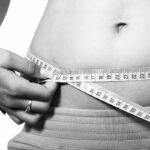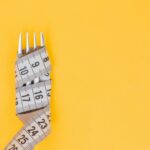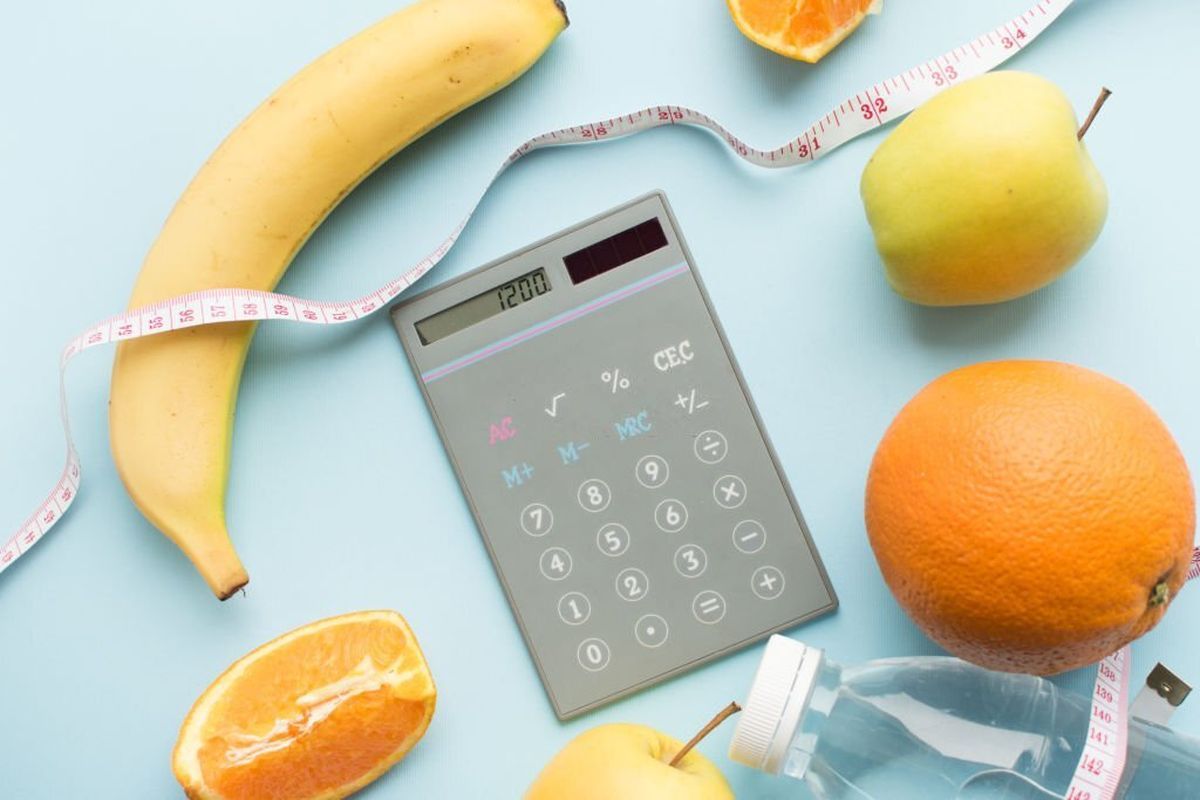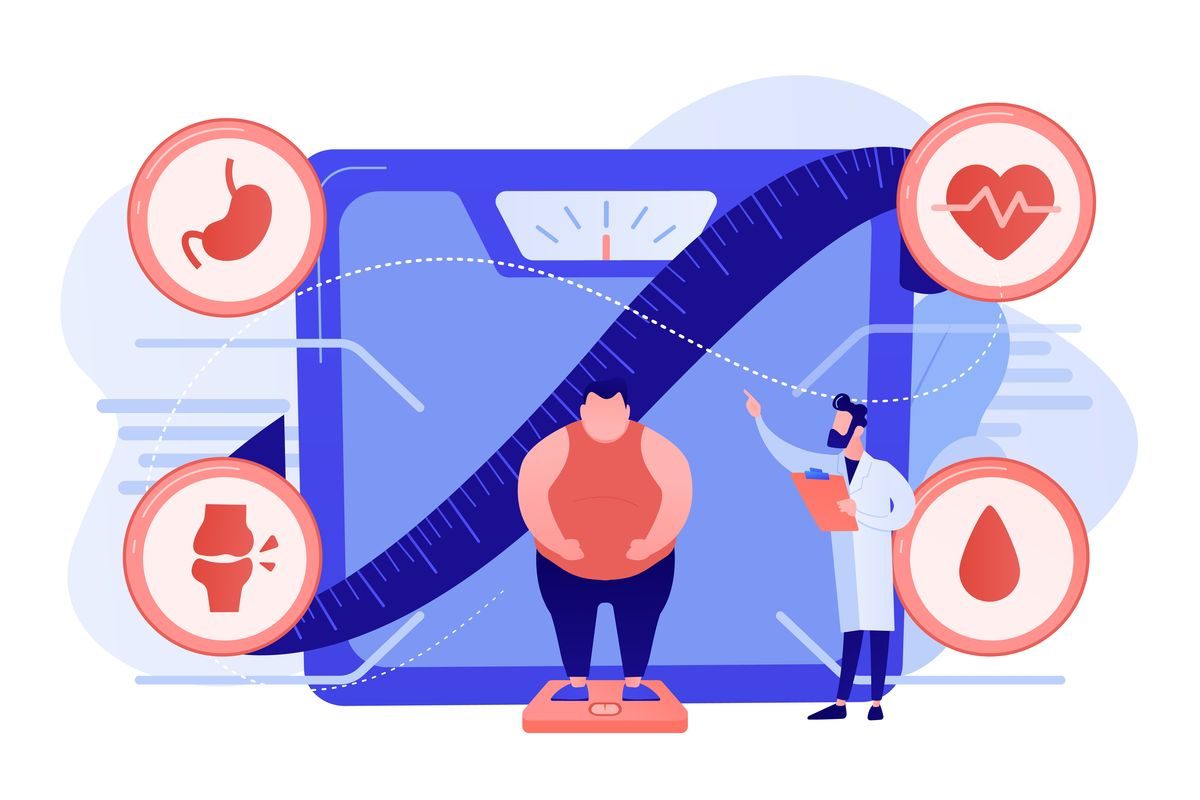Many of us believe that we consume enough water to remain sufficiently hydrated. However, thirst is not a marker of low levels of water in your body but that you are dehydrated
This water intake calculator helps you determine approximately the amount of water you must drink each day to avoid dehydration. Please note that this is only an estimation. It can help you manage your water intake better.
The actual amount of water intake depends on many factors like level of physical activity, muscle mass, illness, and fluid content in dietary intake.
Pregnant or breastfeeding women and people with various other forms of illness need to drink additional fluids to stay hydrated.
Daily Water Intake Calculator
You should drink ...... of water per day
Water Intake and Fitness
| 1 | The human body is made up of almost 60%-70% water. |
| 2 | Beverages like Tea, Coffee, and all alcoholic drinks are dehydrating fluids and will eliminate water from your body. So if you are thirsty make sure you are not drinking any dehydrating fluid. |
| 3 | Drink a glass of water before a meal. It not only controls your eating and helps to keep your weight in a healthy range but also helps to protect your stomach wall from the harmful effects of digestive acids. |
| 4 | Drinking enough water helps you to lose weight because without water the body can’t metabolize fat adequately. |
| 5 | The symptoms of dehydration include headache, stomachache, behavioral changes, and depression. |
| 6 | 22%-30% loss of total body water can lead to coma and death |
Sources of water in the human body
Water input in the human body comes from three primary sources — water and other beverages, food, and as a side-effect of metabolic processes.
Since water and beverages are only a part of the input, our calculator will output both your total water intake recommendation as well as how much of it you need to get through drinking fluids.
You should be careful to not confuse how much water you need with how much water you need to drink.
The latter is usually only around 4/5 of the total, thus you actually need to drink slightly less water than your total daily needs.
For example, if you need a total of 70 ounces per day, this would mean that you need to drink just 56 oz of water (7 cups, roughly equivalent to 7 standard water glasses), the rest will enter your body through food and metabolic processes.
General water drinking recommendations
Below we present the general recommended amount of water intake based on recommendations from the EFSA and IOM. EFSA stands for European Food Safety Authority and IOM stands for the U.S. Institute of Medicine, data is based on reference 3. These are population-wide adequate intake estimations and are thus less preferred than the personalized calculations from our water intake calculator above.
In the table, water intake is in L/day (liters per day/liters per day). For reference, one liter is approximately equal to four standard water glasses.
| Age group | Total water intake (ESFA) | Fluid intake (ESFA) | Total water intake (IOM) | Fluid intake (IOM) |
| 0-6 mo. | 0.68 (Milk) | 0.68 (Milk) | 0.70 | 0.70 |
| 6-12 mo. | 0.80 – 1.00 | 0.64 – 0.80 | 0.80 | 0.80 |
| 1-2 years | 1.10 – 1.20 | 0.88 – 0.90 | N/A | N/A |
| 2-3 years | 1.30 | 1.00 | N/A | N/A |
| 1-3 years | N/A | N/A | 1.30 | 0.90 |
| 4-8 years | 1.60 | 1.20 | 1.70 | 1.20 |
| 9-13 y. Boys | 2.10 | 1.60 | 2.40 | 1.80 |
| 9-13 y. Girls | 1.90 | 1.50 | 2.10 | 1.60 |
| Boys 14+ & Adult Men | 2.50 | 2.00 | 3.30 | 2.60 |
| Girls 14+ & Adult Women | 2.00 | 1.60 | 2.30 | 1.80 |
| Pregnant Women | 2.30 | 1.84 | 2.60 | 1.90 |
| Lactating Women | 2.60 | 2.10 | 3.40 | 2.80 |
| Elderly | Same as adults | Same as adults | Same as adults | Same as adults |
It should be noted that, in general, our bodies are fairly good at estimating how much water one needs on a daily basis and this happens via the mechanism of thirst. If you are thirsty, you should certainly drink water no matter what any kind of estimation is telling you about how much water per day you need to drink.






